Physical Therapy…
…followed by a meeting with the radical old democrats. Both a little painful, but probably worthwhile in the end.
Juniper
Colder, and windy.
…followed by a meeting with the radical old democrats. Both a little painful, but probably worthwhile in the end.
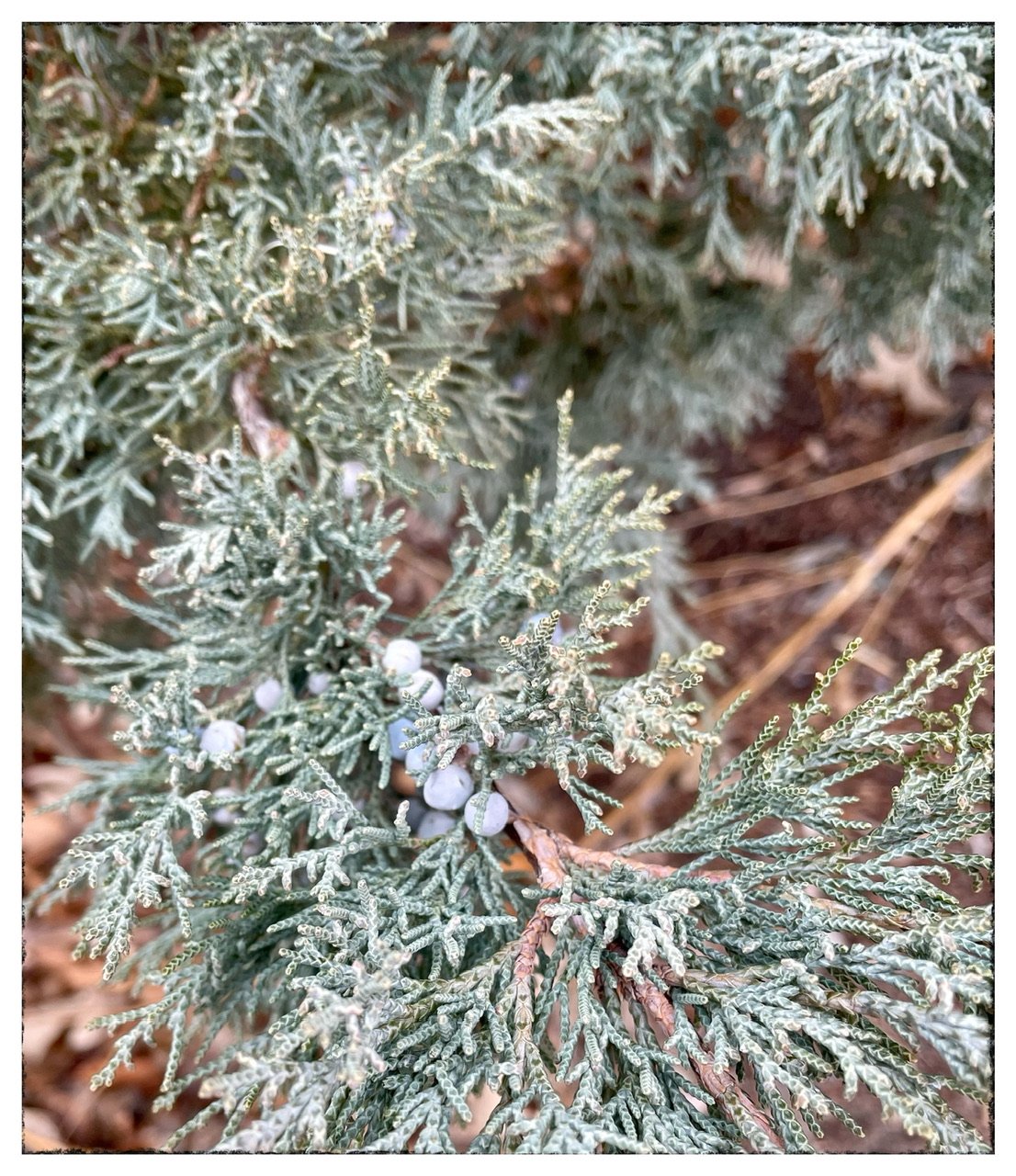
Juniper
Colder, and windy.
Using the Swift programming language and a learning supplement called Playground.

Learning to use commands, functions, loops, and conditionals…so far. In the shot above I used a loop to execute an if-then-else conditional to move the character up and forward and to toggle on any switches that were set to off (a condition that varied).
Rather addicting. And now on to the Sphero Bolt robot!
BTW, Swift can control the Bolt (at a rather advanced point in the learning curve).
Spring-like day. Knee able to make a full revolution. Fun to actually get rolling.

Mobility. Although the big bike is still out of reach.
…for lunch and viewing of the new watery Avatar.

Quick review: extravagant, excessively violent, overdone, and overlong.
Lunch was good.
…weather, fit only for filling the bird feeder. Good day for reading.
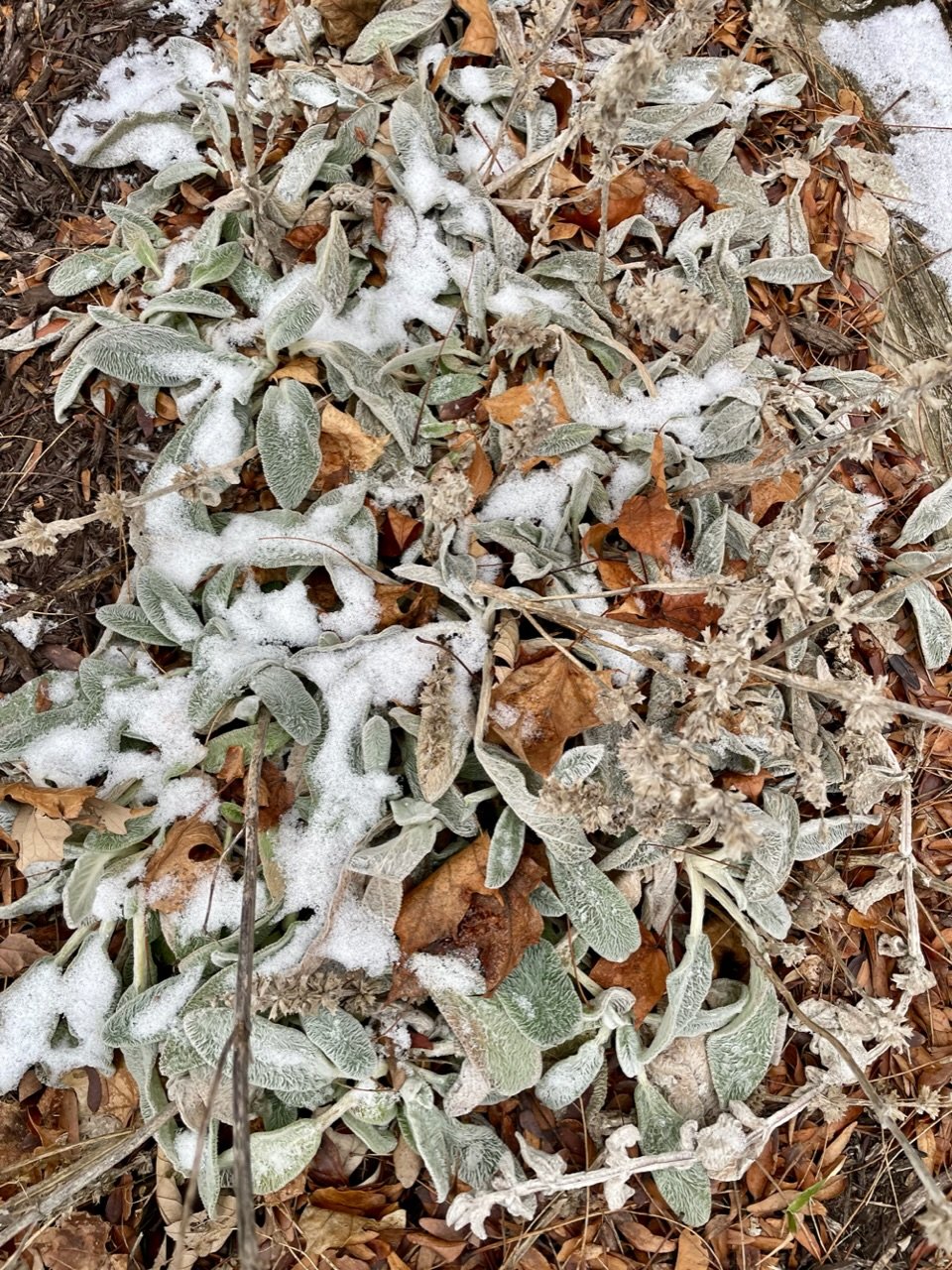
Sage
…mundane, get-out-of-the-house mini adventures.
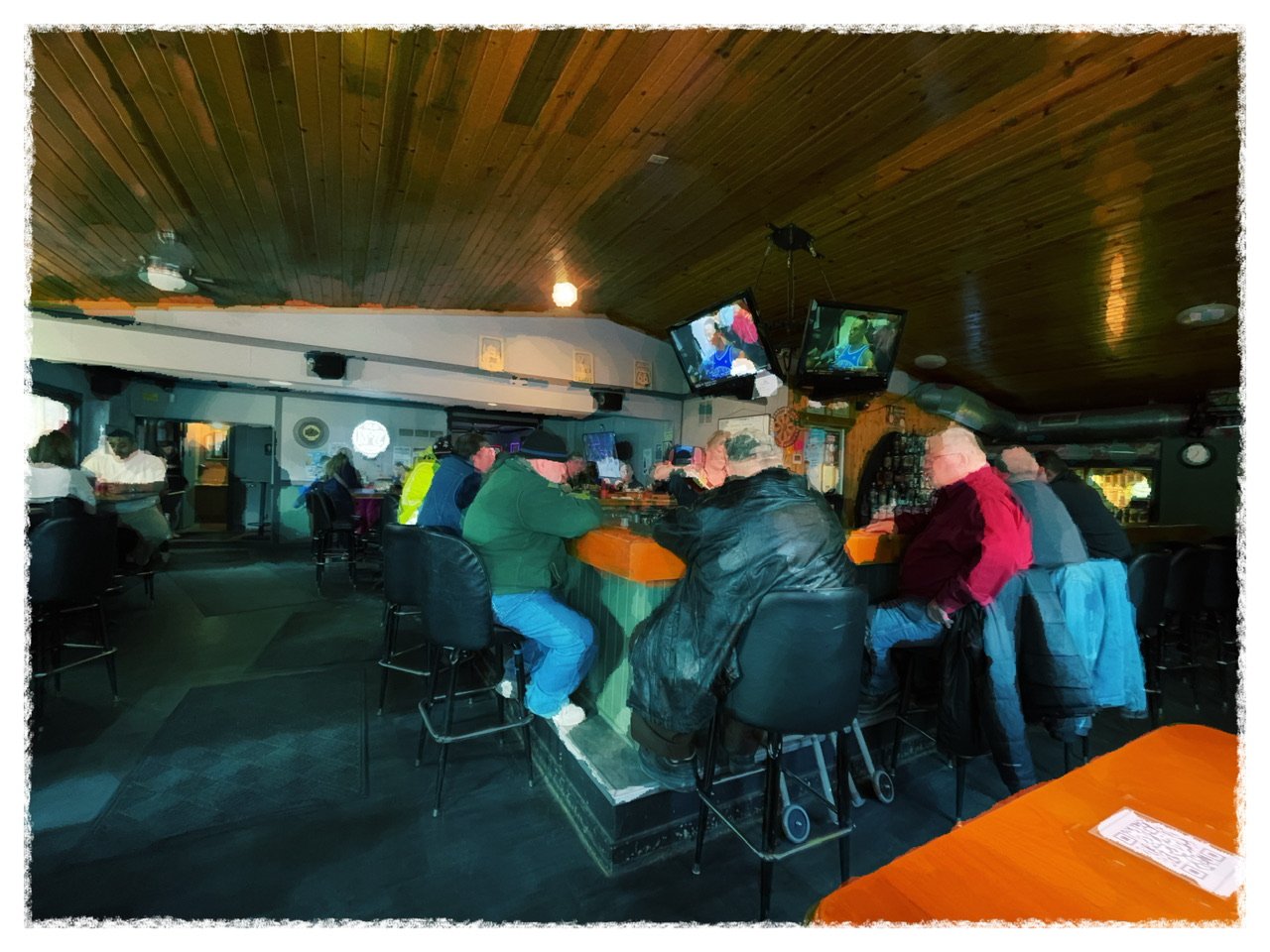

Felt a bit like a trip in an alternate universe. Destination: Aztelan Bar and Grill, just a mile north of the ancient mound site of the same name. With the sun breaking out, the landscape seemed unfamiliar. And the bar…I expected a little rustic place with maybe a few farmers holding down the bar stools. Instead, a rustic place with a huge interior noisily jam-packed with all kinds of people. And this in the middle of nowhere. The sandwiches were okay, but I didn’t much like the Bloody Mary.
…on Arboretum business, although results may be indiscernible.

Viburnum on Arborvitae
Still gray, but below freezing. Filled the bird feeder three times.
…when able to stop watching Republican dysfunction in the House.
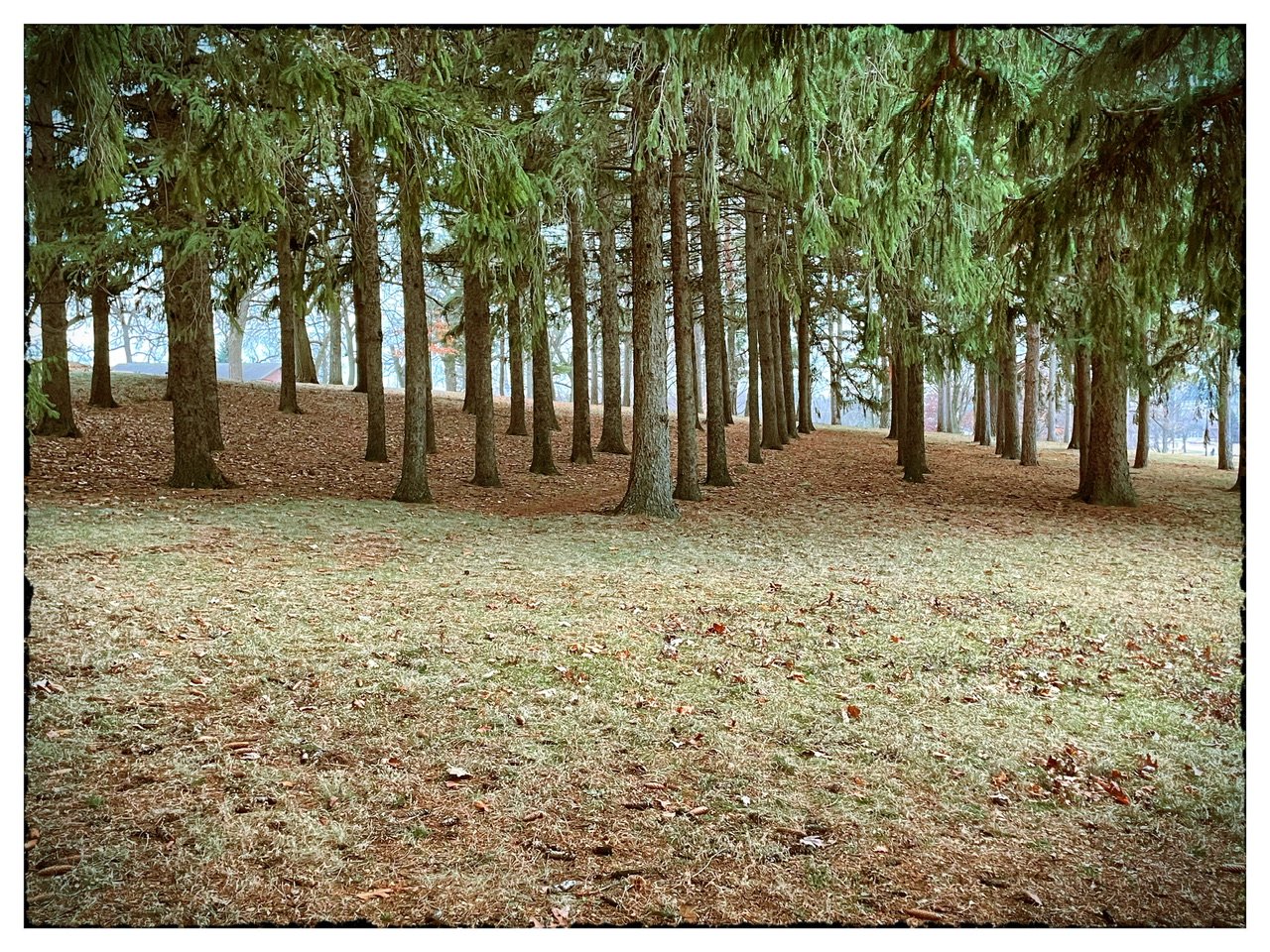
A little light snow, some remaining. Bird feeder busy.
…with continued fog, mist, and drizzle. Thermometer hovering at the freezing mark.
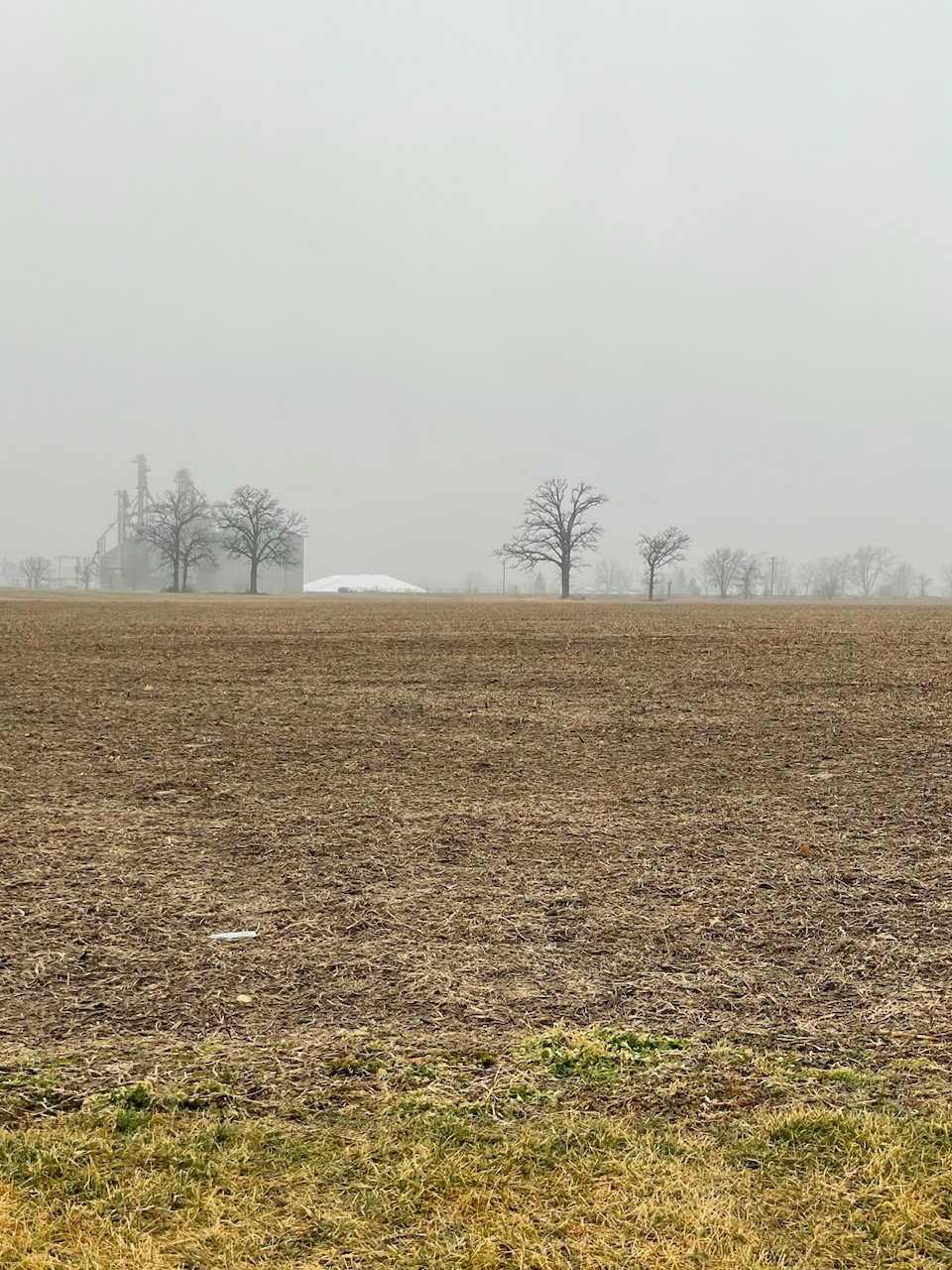
Breakfast with Tom and Mary, who are continuing to enthusiastically sell Tig. After that, a trip to the dentist. Not sure how to add it all up.
…fog, drizzle, rain, and chill.

In the sad news department, our old friend Rosemary (the shrubby herb) who has been with us for many years was moved out to the compost heap.
Nature’s first green is gold,
Her hardest hue to hold.
Her early leaf’s a flower;
But only so an hour.
Then leaf subsides to leaf.
So Eden sank to grief,
So dawn goes down to day.
Nothing gold can stay.
Seems to be. Chilly and damp, just above freezing.

With a few returns, on past the holidays, and looking toward spring.
…today’s primary activity. From VI’s yard up to Antler Circle, much closer to the action.

…pigs in a blanket, and quite delicious custom, handmade pizza from a one-man tiny shop that somehow survives among the chains. That’s our New Year’s.

Above, cockspur hawthorn warding off any and all evil spirits thinking about poking their noses into 2023.
One of today’s tasks, cleaning up from the explosion of a six pack of seltzer inadvertently left in the garage last week.
Virtually no snow, and nothing resembling real cold. However, iceboat racing has been called on for Pewaukee (not that anyone I know is going).

…with just a little melting. Fun with the Sphero robot, a trip to the dump, and lots of reading.
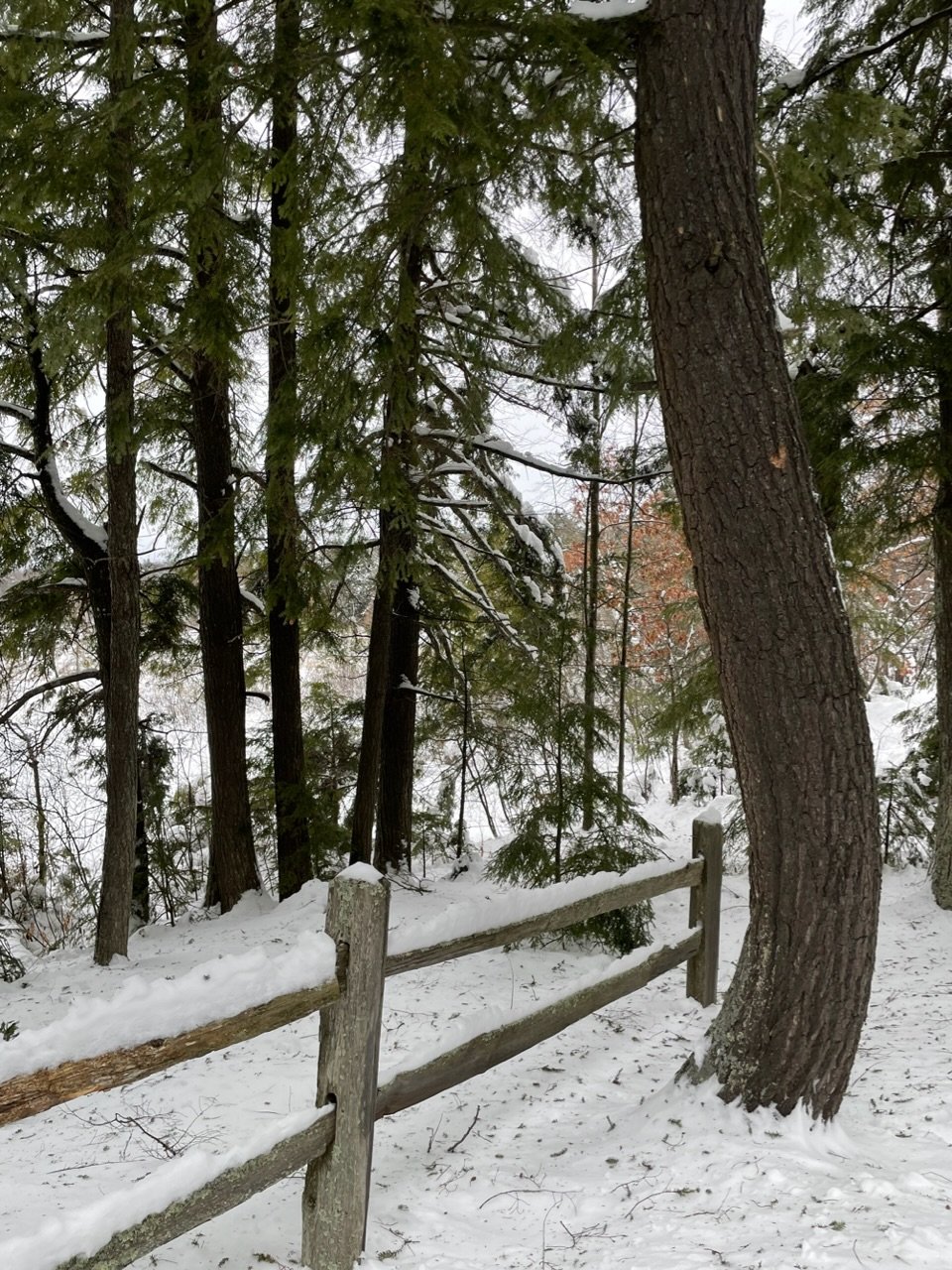
…Pickerel Lake.

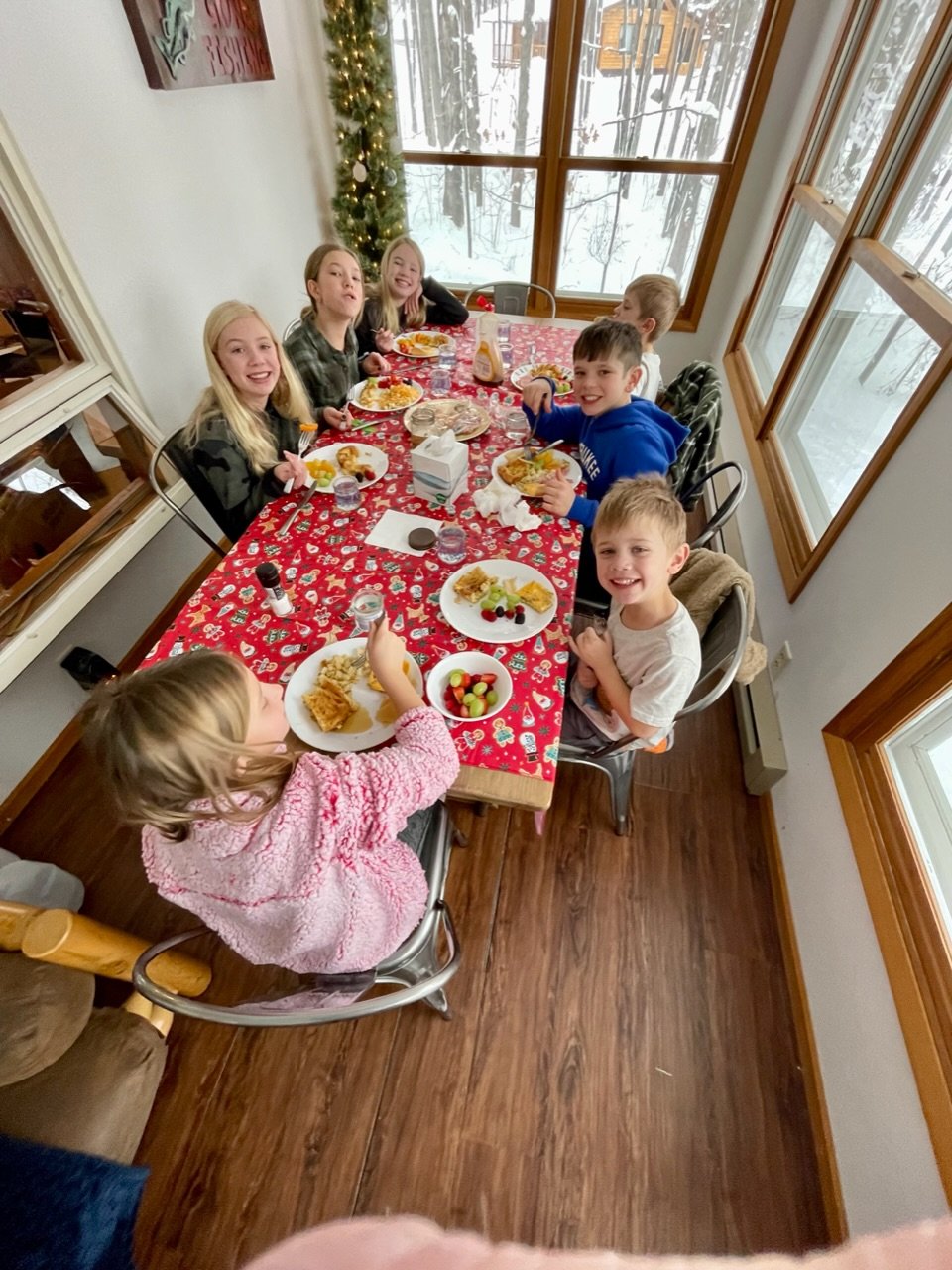


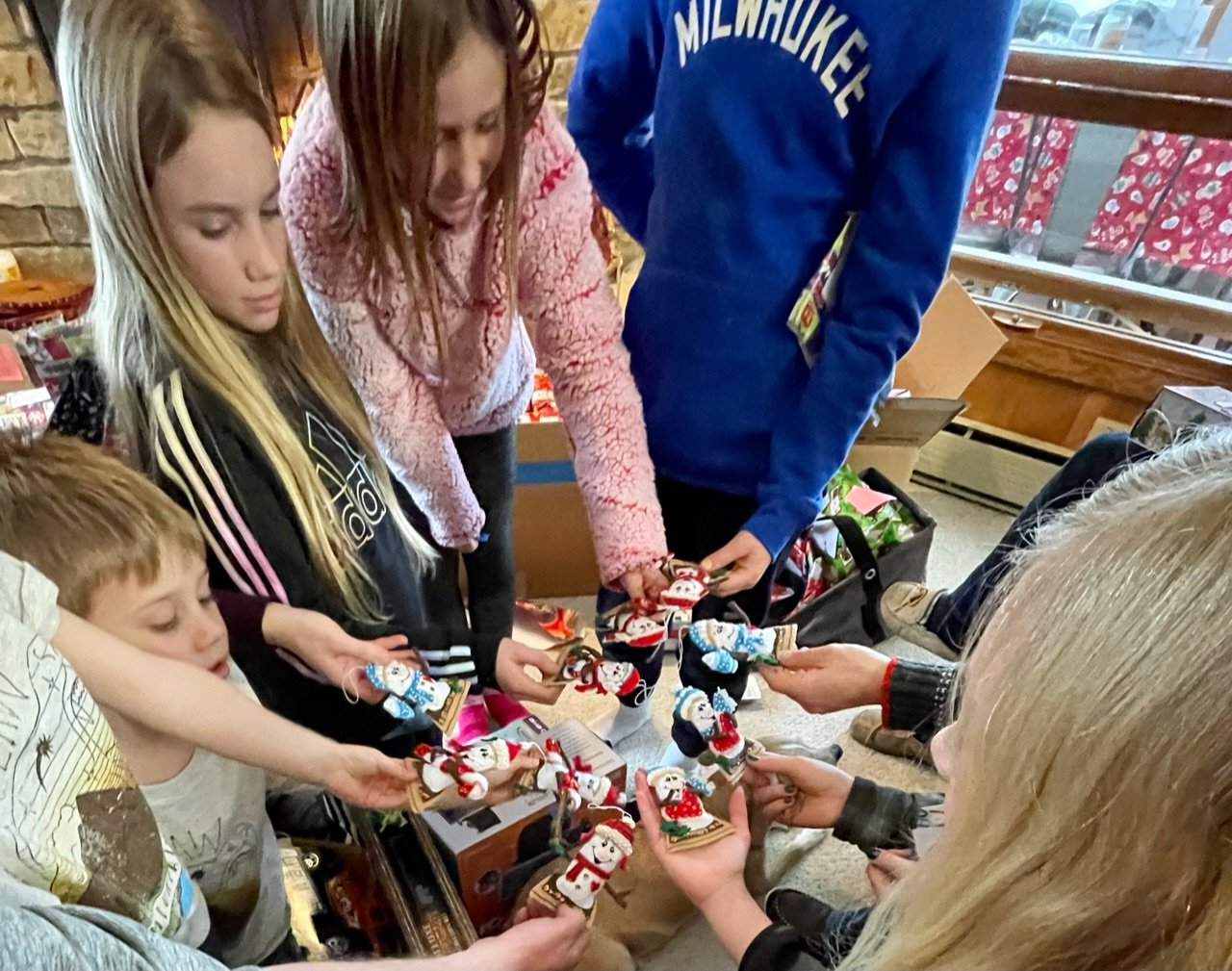


South wind. A little warmer, though still cold.

White and Red Pines, with spruce behind
Snowmobiling, schnitzel, Sequence, among other things.

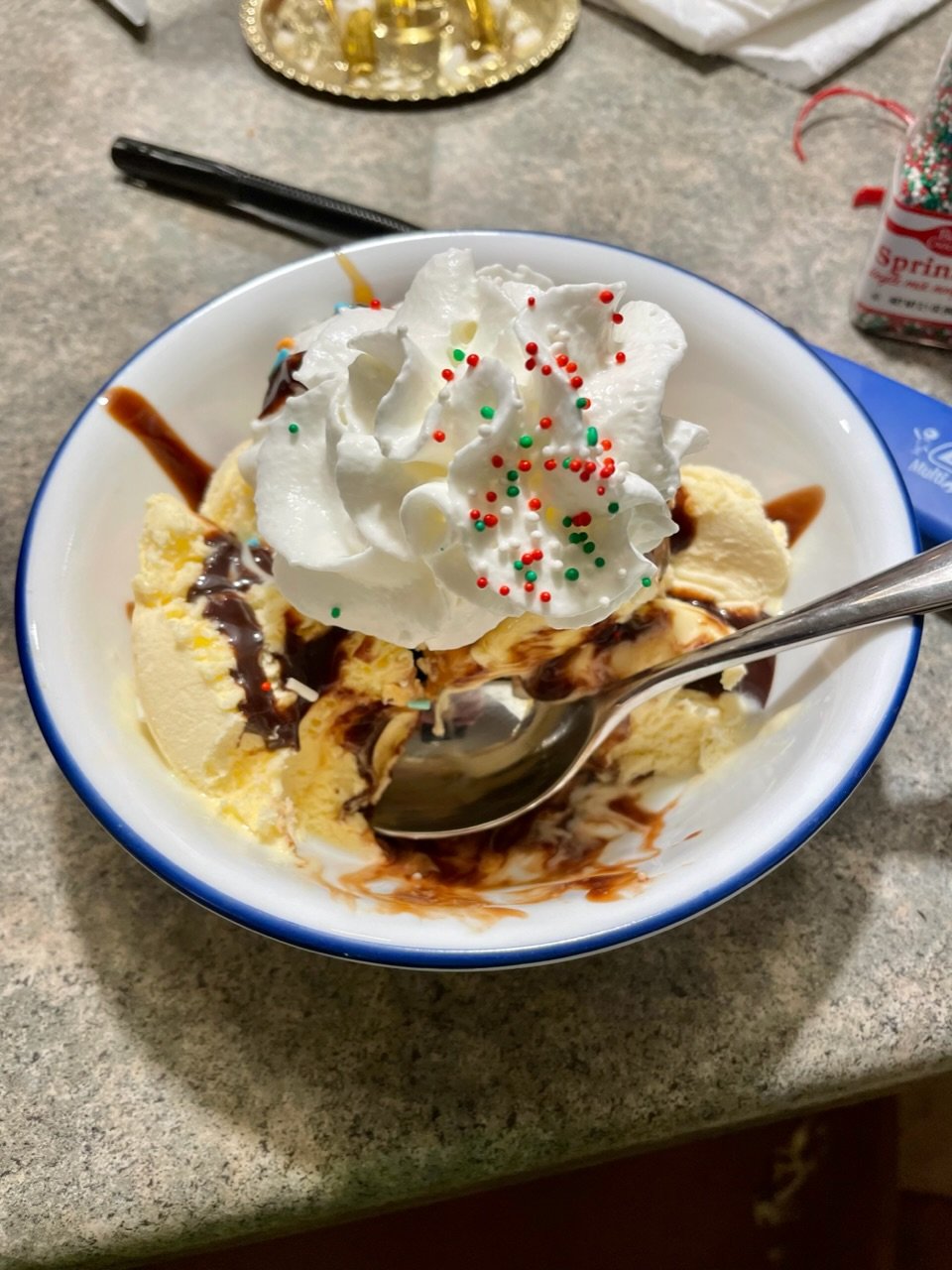
Busy day. Slight warmup.
…up in the winter wonderland.



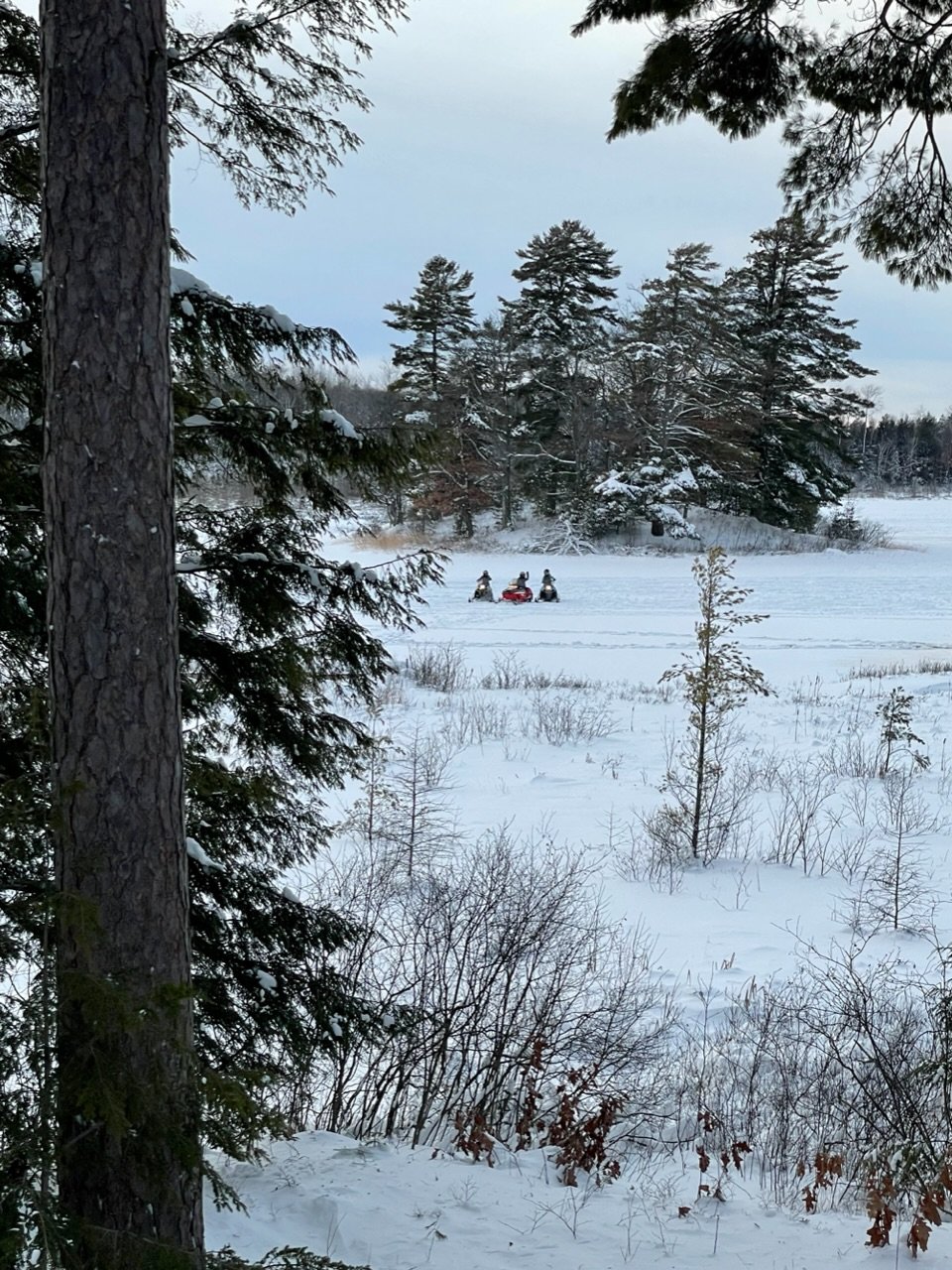
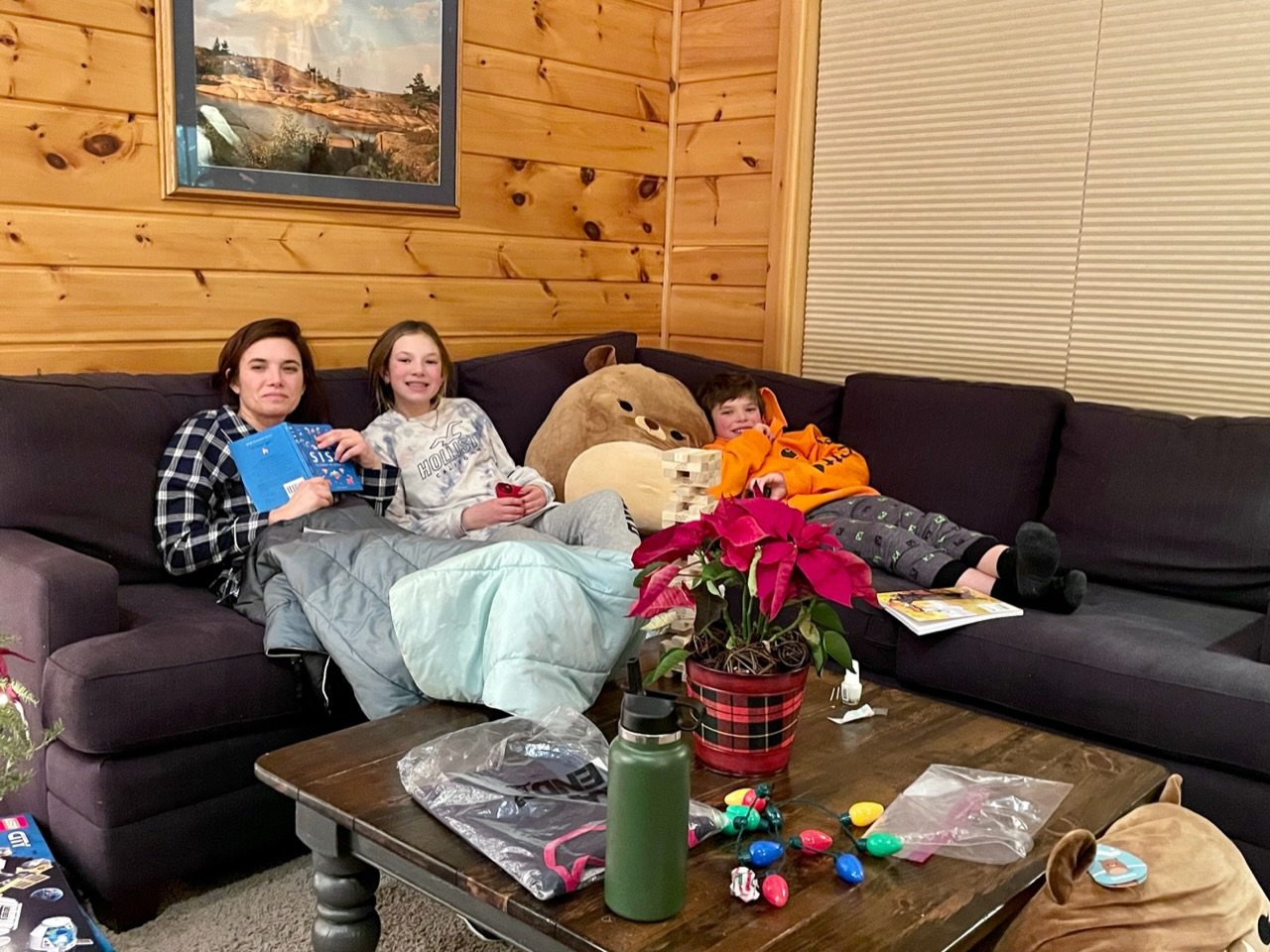
…11 degrees for a high. Warm enough for a few squirrels to venture out, but not warm enough for me. Still windy.

Reading As The Twig Is Bent, a memoir by Wallace Byron Grange, an environmentalist, from whose book Those of the Forest I took, some time ago, an excerpt for my nature anthology.
This memoir almost seems an afterthought for Grange, as the manuscript was found in his papers by two retired UW professors who edited and condensed it and arranged for its recent publication by the U of Wisconsin Press. Grange was a contemporary and colleague of Aldo Leopold and an expert in the developing science of game management.
While Grange’s focus is always on wildlife, the memoir unselfconsciously and somewhat inadvertently provides an arresting picture of pioneer life. Grange grew up in Wheaton, Illinois, but moved when he was 13 with his family to a parch of rough, cutover land near Ladysmith, Wisconsin.
By the early 20th century, almost all of northern Michigan, Wisconsin, and Minnesota had been logged over—all the great white pines cut away, leaving stumps and slash, marsh, and sandy, infertile soil. Much of the land experienced horrific wild fires, such as the Peshtigo fire that burned well over a million acres and killed something like 2,000 people.
Cutover land was mostly worthless for farming, but that didn’t stop land promoters from hyping it as “Cloverland” and promising incredible opportunity at low prices. Grange’s father, having met failure in all his other ventures bought into the hype, and, at age 64, moved his family north to establish a farm.
And what a hard life it was. The family lived in a tarpaper shack for nearly a year until they were able to build a log cabin from logs they cut on the property. Their first attempt at a potato crop failed, as did their attempt at oats. Much of the family income came from selling cordwood, and lycopodium, or ground pine, (for Christmas wreaths). They subsisted largely on lagomorphs (rabbits and snowshoe hares). When Wallace was old enough for high school he boarded in a shed in Ladysmith and cooked his own meals on a little woodburner stove. Every weekend he walked 12 miles home to help with chores.
It goes without saying that, at that time, in 1919, there was no social security, medicare, television, internet—and in Northern Wisconsin, no telephone, radio, or automobile. No central heating, indoor plumbing, and not much in the way of electric light.
Grange did well in school, was able to work his way through college, and find employment in the nascent Department of Natural Resources.
Having not quite reached the end of the memoir I don’t know what happened to his parents and the farm. My guess is that the farm failed, as did most that tried to make it in cutover country.
Hard to imagine living there and then, knowing that the weather was often even even tougher that what we have been experiencing here and now.